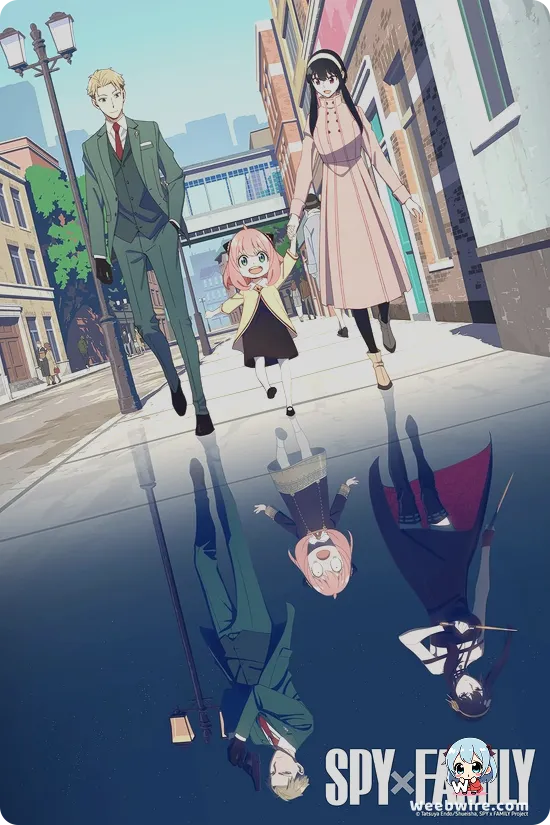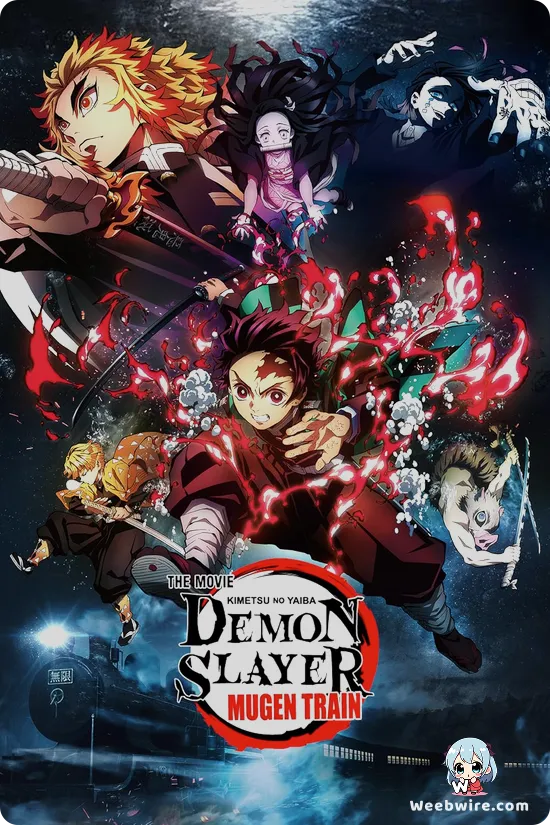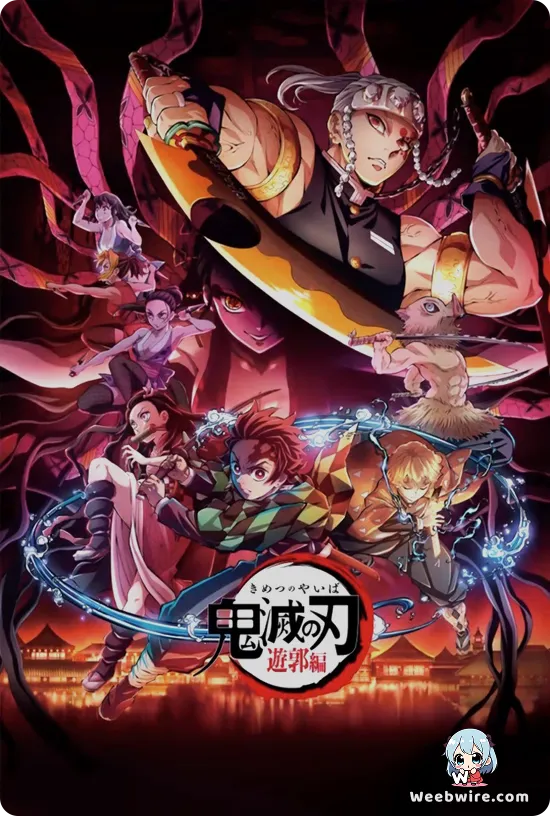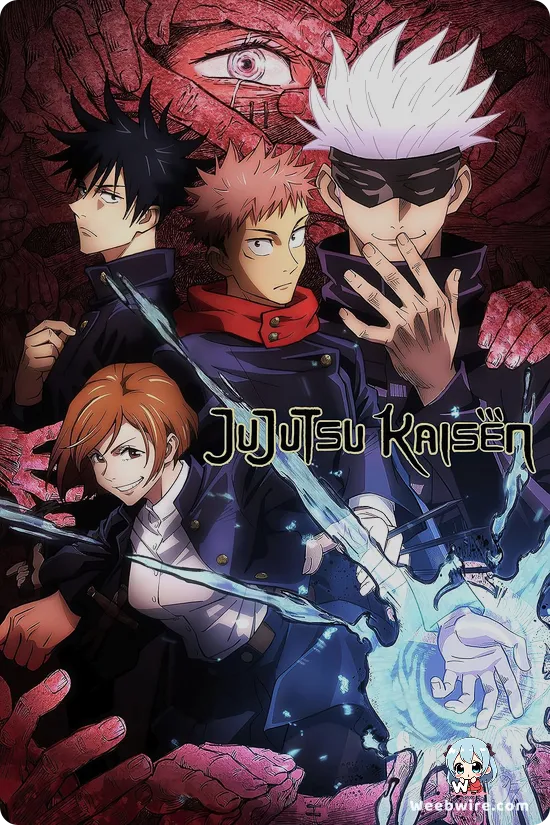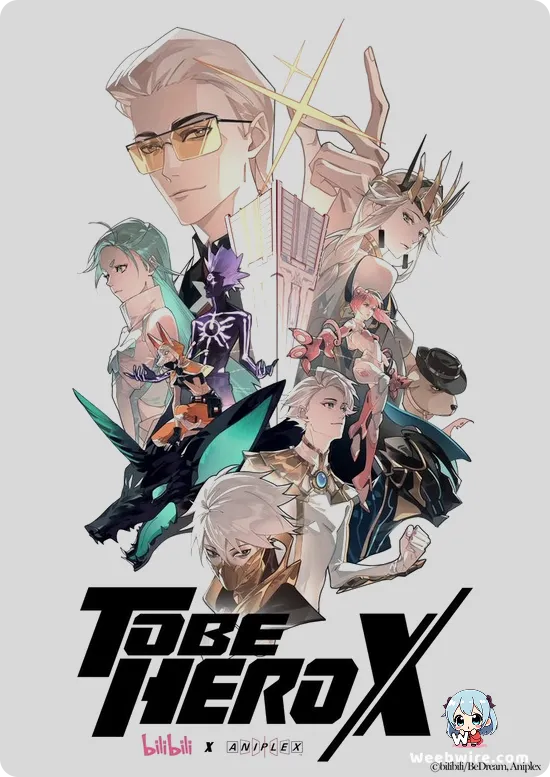From Spooky to Side-Splitting: The Unlikely Triumph of the 'Ghost Stories' English Dub
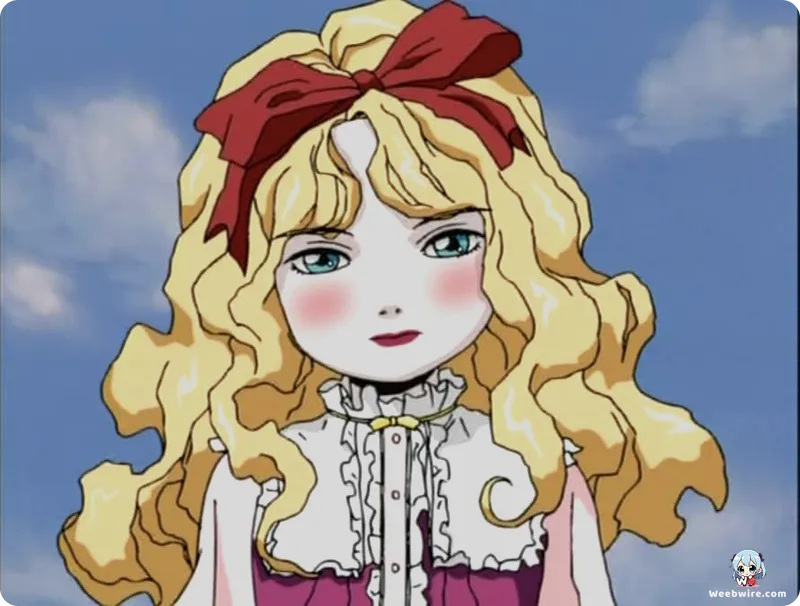
Few anime series boast a legacy as distinct and delightfully notorious as 'Ghost Stories' (original Japanese title: 'Gakkou no Kaidan'). Its enduring fame does not stem from its original intent as a chilling children's horror, but rather from its utterly audacious and side-splittingly irreverent English dub. While the Japanese version, released in 2000, was a competent yet unremarkable entry about elementary schoolers battling spectral entities, its cultural impact was minimal, a stark contrast to its future as a comedic phenomenon.
The transformation began when ADV Films acquired 'Ghost Stories' for North American distribution. Faced with a series that had underperformed in Japan and seemed unlikely to resonate with Western audiences in its original serious tone, ADV Films made a pivotal, unconventional decision. The production team was granted unprecedented creative freedom, reportedly with the explicit directive: 'do whatever you want with it, just make it funny.' This pragmatic gamble, born from low sales expectations, opened the door to radical, comedic experimentation.
What unfolded was an unparalleled exercise in reinterpretation. The voice cast, including Hilary Haag, Chris Patton, Greg Ayres, Monica Rial, and Christine Auten, was empowered to largely abandon the Japanese script. They delivered lines that were frequently improvised, brimming with contemporary cultural references, and often pushing boundaries. The result was a dub bearing scant resemblance to its source material, transforming a solemn children's horror into a relentless barrage of adult humor, biting pop culture nods, sharp political satire, and ingenious self-aware meta-commentary.
Character identities were completely overhauled: protagonist Satsuki Miyanoshita became a sharp-witted leader; Hajime Aoyama was reimagined as a crude pervert; Leo Kakinoki famously re-envisioned as a Jewish stereotype; and Momoko Koigakubo as a born-again Christian. Even Satsuki's younger brother, Keiichirou, adopted a comically simplistic persona. Scriptwriters masterfully infused episodes with jokes ranging from jabs at other anime like 'Pokémon' and 'Dragon Ball Z' to direct references to current events and celebrities. The fourth wall was shattered, with characters openly lampooning animation quality and plot absurdity, adding a layer of subversive meta-humor.
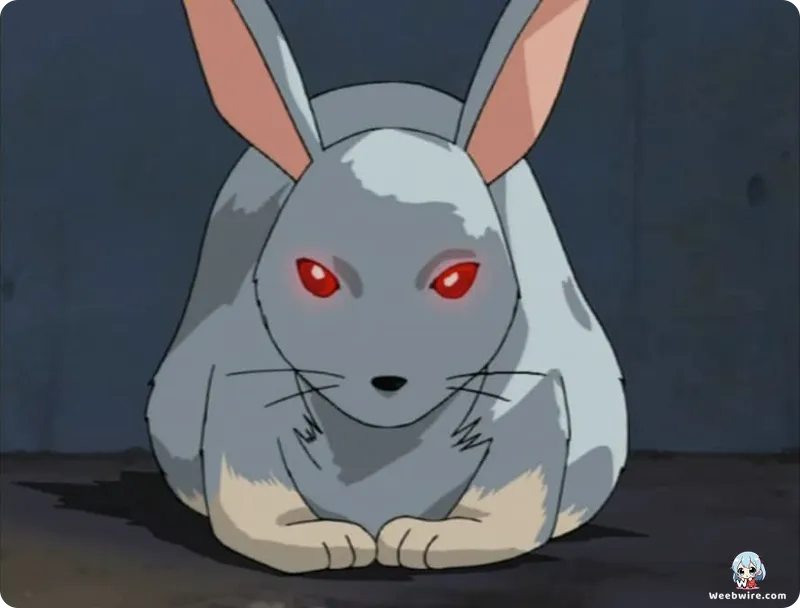
While undeniably hilarious, the humor was often controversial, employing offensive stereotypes, dark humor, and politically incorrect jokes, a boldness rarely seen today. This audacious approach, however, solidified its cult status. Fans celebrated the shock value and sheer nerve of a professional dub that dared to be so irreverent, offering a refreshing counterpoint to typically faithful, often bland, anime localizations.
The dramatic divergence between the earnest Japanese original and its uproarious English counterpart remains a cornerstone of its appeal. Where 'Gakkou no Kaidan' was a sincere spooky series, the English 'Ghost Stories' became a masterclass in comedic deconstruction. It stands as a powerful testament to how a complete creative reimagining can yield a product far more memorable and impactful than strict adherence to an initial vision, especially when that original vision struggled to find its audience.
The legacy of the 'Ghost Stories' dub resonates far beyond its initial release. It swiftly became a viral sensation, influencing subsequent localization efforts and demonstrating a clear appetite for greater creative liberties. This saga exemplifies the transformative power of creative freedom, showcasing how a forgotten horror anime can be reborn as an enduring comedic legend. It remains an iconic benchmark in anime localization, a living testament to what happens when a studio declares, 'Go wild, just make us laugh.'
Credits
Ghost Stories (Gakkou no Kaidan)
Author
Toru Takanohashi
Cover Art
Tetsuya Yanagisawa
Studio
Studio Pierrot
Publisher
Aniplex
Producers

